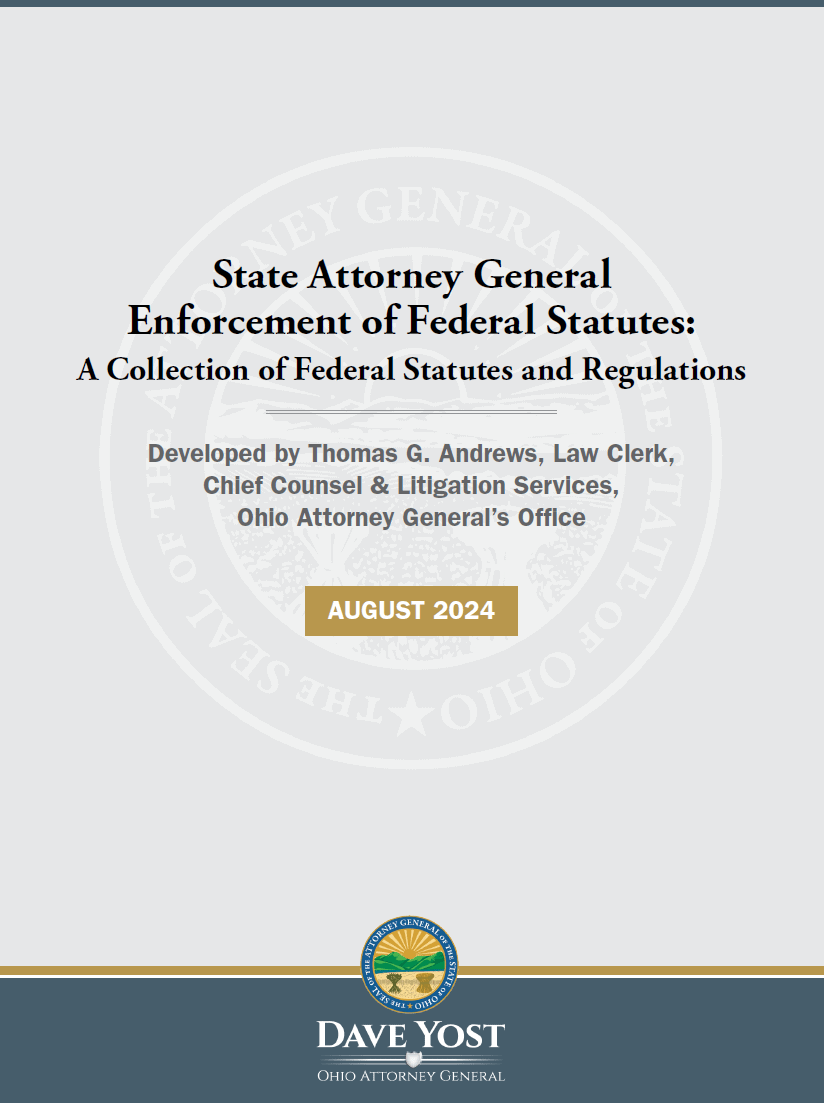In a rare case addressing the qualifications for the office of attorney general, the District of Columbia Court of Appeals held that a candidate’s tenure as a city councilmember did not satisfy the D.C. Code’s requirement that the District of Columbia attorney general must have “(5) . . . been actively engaged, for at least 5 of the 10 years immediately preceding the assumption of the position of Attorney General, as: . . . (D) An attorney employed in the District of Columbia by the United States or the District of Columbia.”
Councilmember McDuffie is an attorney admitted to the bar of the District of Columbia. He has been a member of the D.C. City Council since 2012. He did not dispute that he is only eligible for the office of attorney general if he is qualified under D.C. Code Ann. § § 1-301.83(a)(5)(D). He argued that he qualifies because 1) he is an attorney and is employed by the District of Columbia; or (2) he is an attorney and, although not employed as such, is “actively engaged” in legal work in his capacity as a councilmember.” The D.C. Board of Elections and Ethics (the Board) rejected these arguments. The Board held that a person must be serving as an attorney when employed by the District of Columbia, and because a councilmember need not be an attorney, his service on the city council did not satisfy the requirement.
The court of appeals affirmed the Board’s decision, although it did not agree with the Board that the statute’s language was “plain and admits of no more than one meaning.” The court of appeals first noted that the language was identical to a provision that identified a group of attorneys who were not required to satisfy D.C. bar membership requirements in the same way as other candidates because of their employment as government attorneys. The court held, “There is no reason to think that the meaning of this phrase changed when . . . the Council opted to require D.C. bar membership without exception and made no change to the experiential provision.”
The court declined to adopt the candidate’s suggestion that he was the “functional equivalent” of an attorney. The court held, “Allowing an individual to serve as Attorney General simply because they are an attorney and work in a nonlawyer capacity for the District, as a school nurse or IT expert, for instance, hardly seems to serve the aims of adding an experiential requirement to the minimum qualifications for the office. Likewise, allowing an individual to serve as Attorney General if they can show that they do functionally equivalent work to that of an attorney only leads to difficult questions of how such work could objectively be measured and what the quantum of sufficient work would be.” McDuffie v. D.C. Board of Elections, No. 22-002 (D.C. Ct. App. Apr. 28, 2022).




